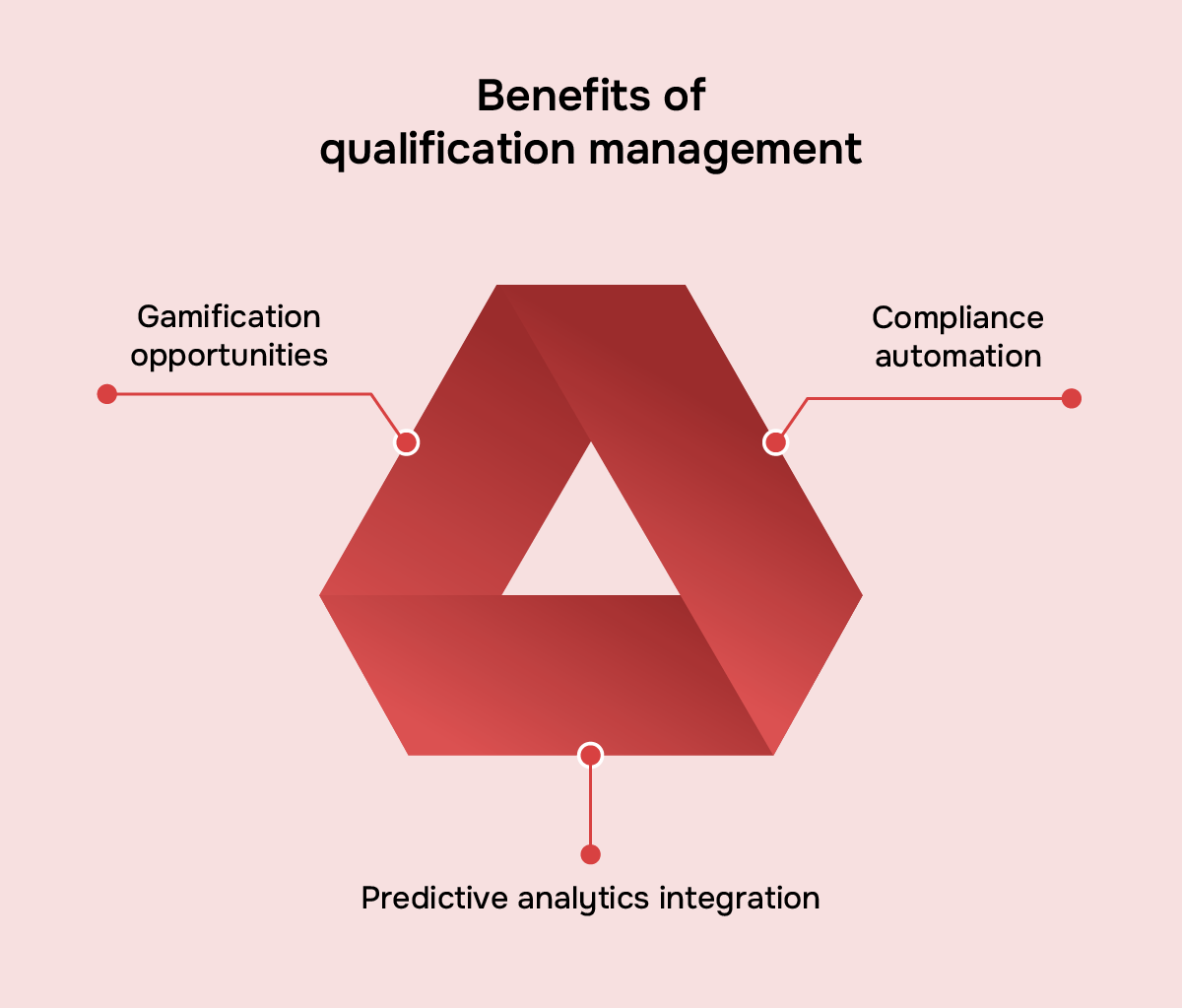It’s true that recruiting more distributors and new products will aid in the growth of your multi-level marketing business. However, these are not enough if you are aiming for long-term success. The foundation of long-term success depends mainly on the capability of your qualification management system. This system enables your business operations to function without problems while protecting fair compensation and sustaining network stability. The lack of proper qualification management systems causes promising MLM businesses to experience operational problems, which leads to their inability to remain on track.
The beginning of qualification systems
The evolution of qualification management systems followed the great revolution of the overall business technology. Modern algorithms now process millions of transactions in real time because they replaced manual tracking and spreadsheet systems.
"The qualification engine is the brain of any modern MLM operation," explains industry veteran Sarah Lawson, who has successfully led multiple direct selling companies. "When properly configured, it silently enforces the rules that maintain equilibrium between recruitment incentives and product movement, which is essential for long-term compliance."
The equilibrium has gained crucial status in the US regulatory environment. Qualification management systems protect companies from FTC compliance troubles, while also offering direction to distributors for establishing long-term business practices.
The multidimensional nature of modern qualification rules
The older qualification management system evaluated its members by measuring mainly personal volume (PV), business volume (BV) and group volume (GV) indicator thresholds. The fundamental metrics of personal volume and group volume continue to have importance, but modern MLM software platforms utilize advanced qualification tools that adapt to present business needs. These tools include:
Activity-based qualifications
Multi-level marketing businesses today measure distributor activity beyond just purchase volumes. Factors like the following are examined:
Customer acquisition rates
Customer retention rates
Social media metrics of engagement
Training completion history
Team building activities
These activity-based qualifications reward executives who build enduring business connections instead of quantity advertisements.
Balanced growth requirements
High-end qualification systems stop imbalanced development patterns inside distributor businesses. These “leg requirements” provide reliable evaluations within distributor compensation ranks, which identifies true leaders without relying on one top performer.
"When your qualification system requires balanced development across multiple organization legs, you naturally create more stable businesses," notes enterprise software architect Michael Chen. "This stability translates directly to reduced distributor churn and higher lifetime value for both the company and its representatives."
Time-bound qualification pathways
Smart MLM entrepreneurs have replaced rigid qualification rules with shifting benchmarks. This adapts according to how long distributors stay and their position in development. These progressive qualification systems fuel distributor growth by creating continuous advancement that limits unnecessary inactivity, which causes distributor attrition.
The hidden ROI of advanced qualification management
The majority of MLM software solutions include trackable qualifications. However, business benefits derived from superior qualification management systems reach well beyond conventional commission processing.

Compliance automation
Direct selling organizations face compliance requirements from regulators as time passes. Advanced qualification systems automatically implement compensation plans that give priority to retail sales above recruitment activities, which remain central to FTC compliance rules. Adhering to the evolving regulations will ensure seamless compliance management.
Firms that have adopted qualification standards that require customer sales ratios are expected to achieve 60% decrease in legal costs related to compliance. (Based on recent industry studies.)
Predictive analytics integration
Current qualification management systems attain their maximum power through their relationship with predictive analytics. The most advanced MLM software uses qualification pattern analysis to make the following predictions:
Which distributors are likely to drop out
Which organizational departments indicate symptoms of poor recruitment practice
Which qualifiers reflect leadership potential worthy of further company investment
The collected analysis data helps leadership teams to make proactive decisions instead of needing to respond after the occurrence of network disruptions.
Gamification opportunities
The advanced management of distributor qualifications enables companies to create natural gamification opportunities. This can turn quantitative business data into exciting competitions that affect distributor actions positively.
Discover how we build resilient businesses with advanced MLM functionalities
Implementation strategies
For MLM entrepreneurs who want to use qualification systems as a competitive advantage, its essential to implement a customized approach. Specific methodologies are used by industry leaders to rebuild qualification procedures.
Dynamic qualification thresholds
Systems with adaptive capabilities use dynamic thresholds, which change according to market situations, seasonal effects, and distributor performance. The adaptive system promotes high performer growth by adjusting criteria standards, thus sustaining motivation during unstable times.
Cross-functional qualification requirements
Modern companies now measure qualification with a larger range of variables. These surpass sales results through mentorship goals, contributions to the community, and professional development achievements. Wider organizational requirements build mature field leadership, which are capable of achieving sustainable business growth.
Micro-qualification frameworks
A division of major rank progression into multiple smaller steps enables distributors to feel continuous achievement instead of discouragement during their advancement journey. Measurable steps create sustained growth through the sections where member dropouts occur frequently.
The future of qualification management
The upcoming evolution in qualification management depends on artificial intelligence, which generates personalized qualification routes based on distributor market standing and growth needs.
"We're moving toward qualification systems that recognize the unique journey of each distributor," predicts technology futurist Amanda Rodriguez. "Rather than forcing everyone through identical qualification ladders, AI-enhanced MLM systems will recommend personalized qualification objectives that maximize each distributor's potential while maintaining compensation plan integrity."
The transformation of qualification management from a strict enforcement system to development-oriented coaching represents a different way of thinking. This holds great potential to transform field leadership practices.
Practical implementation guide for MLM entrepreneurs
Enhancing your qualification management system demands the following actions:
- Check your existing qualification criteria for any compliance issues which specially affect retail customer requirements.
- The analysis of distributor drop-off points should determine if qualification requirements create unnecessary obstacles.
- A preview function should be incorporated which displays real-time progress data to distributors about their upcoming qualification advancement.
- The design of qualification pathways should motivate sustainable behaviors over short-term operations that boost volume alone.
- The integration of qualification milestone alerts both teams and staff automatically celebrate achievement milestones during the qualification process.
Conclusion
For modern MLM entrepreneurs, qualification management systems are crucial strategic tool with the most untapped potential for their businesses. The design of qualification rules determines how distributors act and affects team growth. This also keeps the company operational over time regardless of other strategies.
In the field of network marketing, qualification management exists beyond administrative processes since it channels organizational growth by integrating regulatory principles with strategic planning. Entrepreneurs who invest in advanced qualification features will establish businesses that stay ahead of the curve in a competitive business world.









Leave your comment
Fill up and remark your valuable comment.